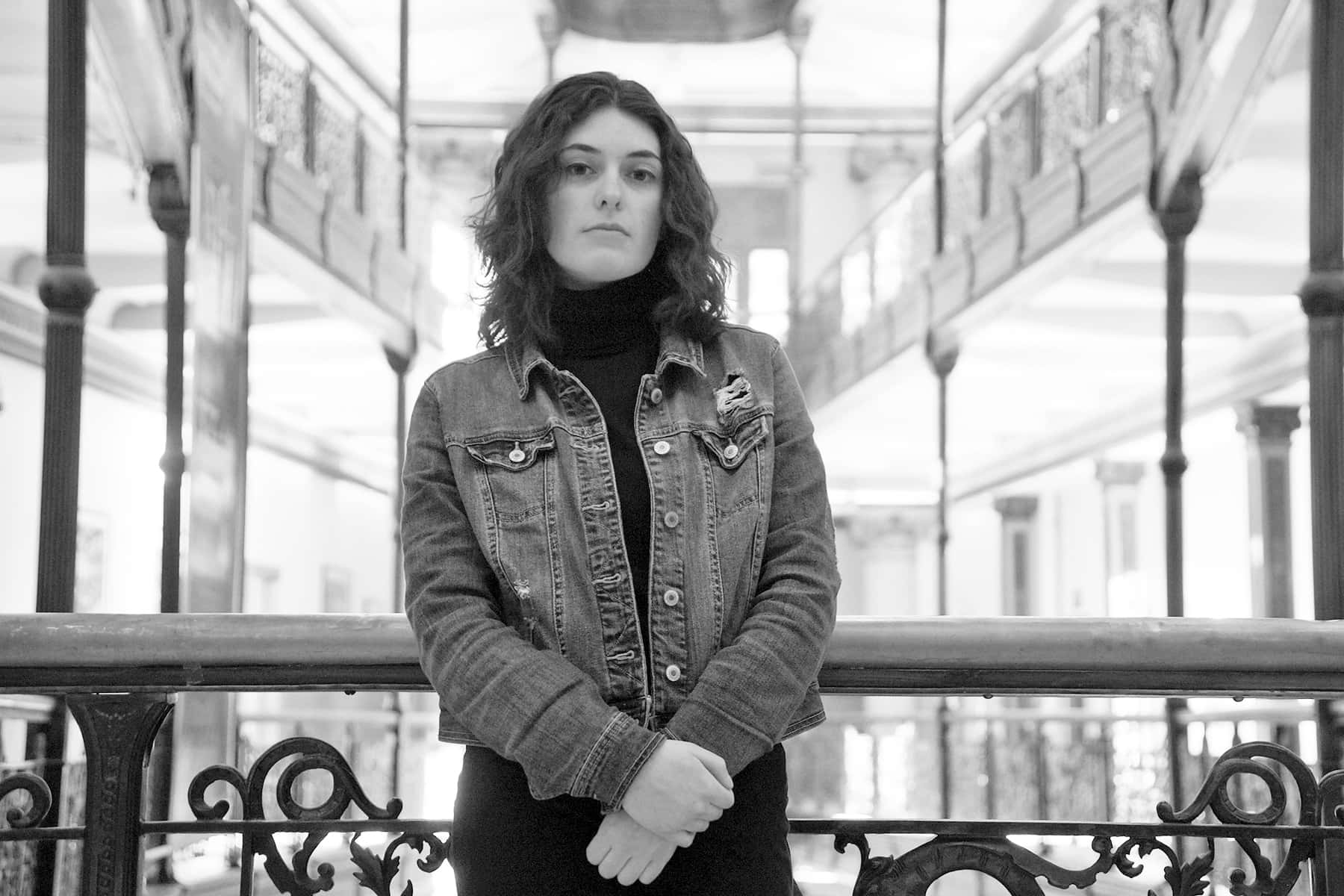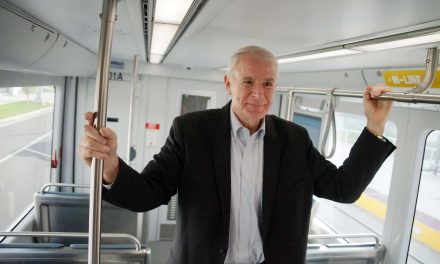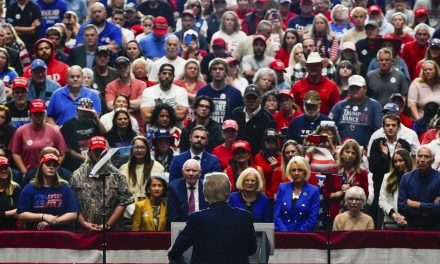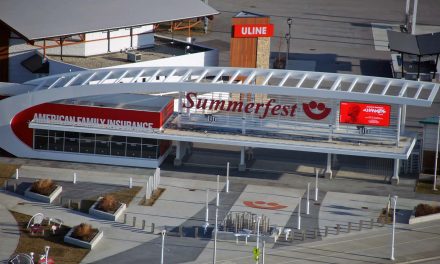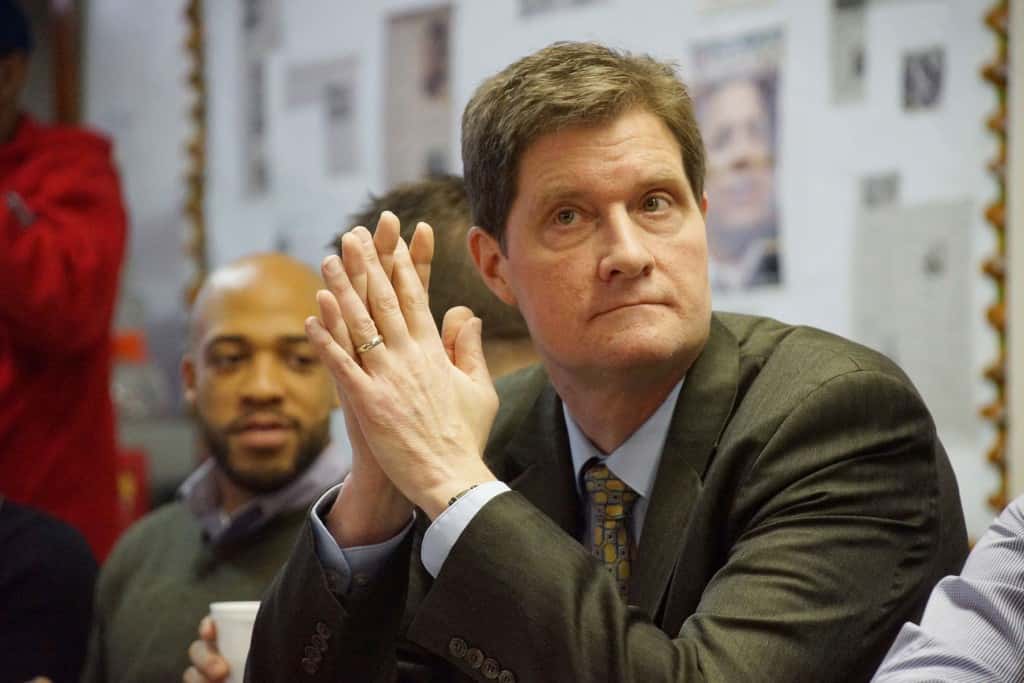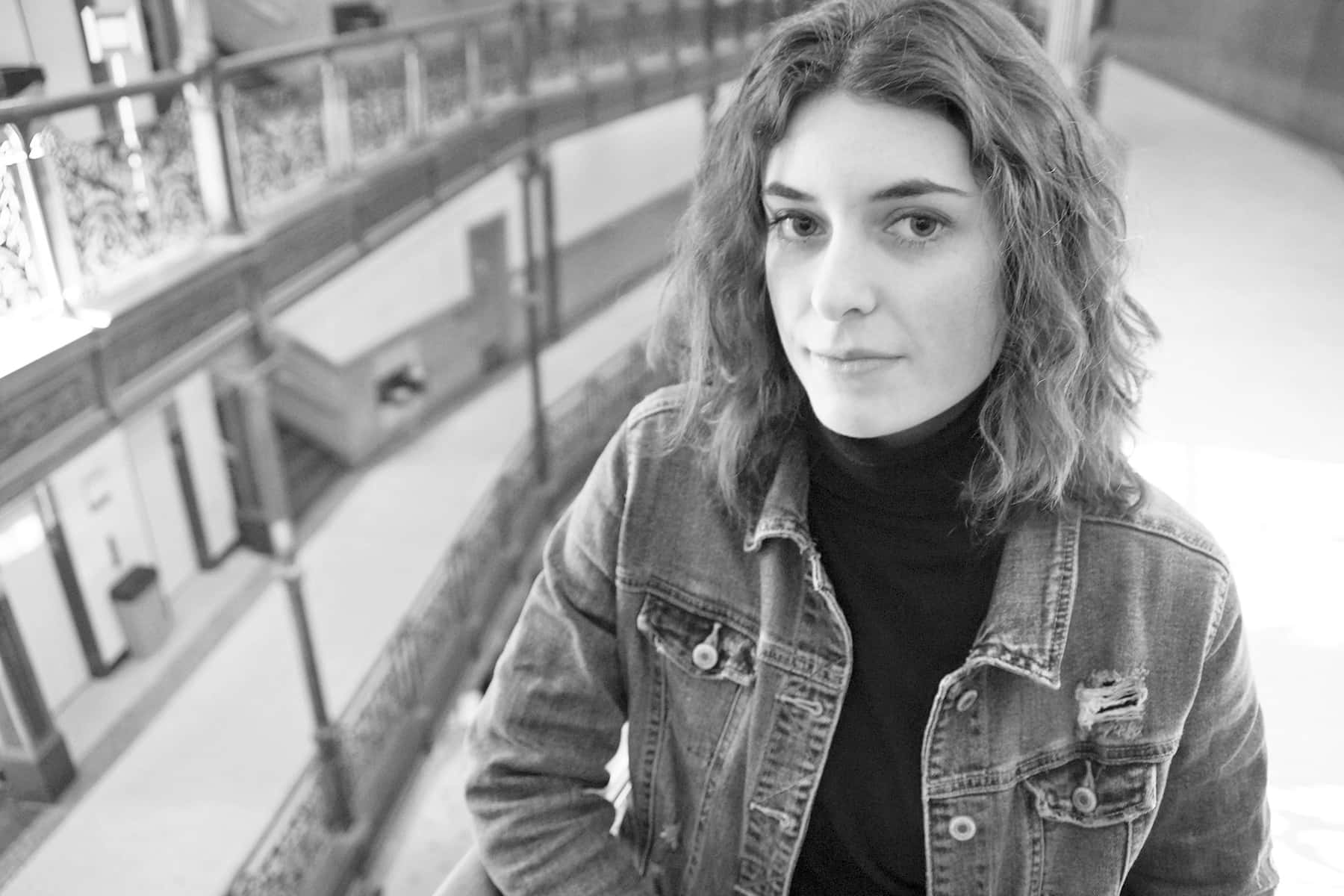
In a culture that is prone to pick sides on every issue, it is easy to overlook individuals who embrace both. LGBT stands for lesbian, gay, bisexual, and transgender, but the “B” is often lost in any conversation about the subject. Individuals who identify as bisexual encounter stereotypes and misunderstanding from both the gay and straight communities.
In my college career, I’ve been moving in a direction of exploring my identity and figuring out what it means to me. A lot of people don’t understand this, and misinterpret me as a result.
The idea of being interested in the same sex is impossible for many straight people to comprehend. The idea of being interested in the opposite sex and the same sex can be equally confusing for those to identify as homosexual. For both groups, the concept of identity has to exist on one side or the other, but not both.
Bisexuality is probably the least understood sexual orientation in both the straight and queer communities. I myself didn’t fully grasp it until recently, especially since I grew up surrounded by heteronormativity, practically everywhere.
What motivated me to speak out publicly on this subject came from an event that happened to me recently on my college campus. Throughout my senior year of high school I was figuring out my identity and coming to terms with it. I was ready to leave for college and the space to learn more about myself, while also exploring my sexuality.
I made a friend in college that I thought would be as open and accepting as my other LGBTQ identifying friends, but apparently the B for bisexual didn’t count for her. Somebody who identified as a lesbian didn’t want to let me be in the community either. She harassed me for my identity and believed that I was just a “straight person that wanted to fit in with our gay friends.” She told me I couldn’t use the term queer to identify myself, and also told me I didn’t belong in the community because being bi is a fake identity.
Those statements definitely played into my insecurities, and how I felt about my sexual orientation. My identity has been a source of confusion for me for a long time. Am I straight if I date men, or solely gay if I like women?
My feelings of attraction towards men were clear. When I had those feelings for women, I slowly tried to suppress them so I could take more time to figure things out. It took a break-up, endless conversations with friends, and journaling to come to the realization that maybe I am bisexual.
Coming to terms with everything remains a struggle. LGBT acceptance has really only taken hold in this generation, so there are no long established paths to learn from or use as a guide along my journey. I have felt the need to avoid the subject of sexuality with my family, however, I constantly bring it up with college friends.
I was raised thinking that I could only have one orientation. I could be straight or gay, and that was it. The term “bi-curious” had been thrown around among friends, but the concept of being bisexual wasn’t really something I had been educated about.
Reactions from people in my hometown friends does frighten me. I think what I fear the most is not so much acceptance, as it is being believed. To me, that is what feels the most unfair. I fear that my identity will be casually brushed aside, because that’s exactly what happened with that “friend” who claimed I was not “really gay.”
Most people I have met don’t realize what having a dual interest means. They think it’s a transitional phase to being homosexual or just a state of exploration phase until I realize that I’m really straight. As someone who is bisexual, it puts me in a No Man’s Land, and invisible spot between two communities.
When I have wanted to attend Milwaukee’s annual PrideFestival, I have struggled with if I had the right to be there or not. From my experience, I have not felt included and maybe others like me get left out.
To the people in the LGBT community and the straight community who do not recognize bisexuality, you have made me feel invisible. To those who stand up for their identity but do not recognize my identity, think it’s “just a phase,” I say this: bisexual people struggle with mental illness, just like anyone else in the LGBTQ+ community. I am no exception.
I feel constantly like an imposter. I struggle with the anxiety that my friends, my family, and even my significant others will not look at me the same way or be able to connect with me. Many people feel invisible and like they are alone. And just like being gay, bisexual people feel trapped between two worlds, and that is the most suffocating part of all of it.
I am not confused. I am not going through a phase. I’m not curious. I know who I am, and there is no changing that. I do not switch or change who I am attracted to based upon who I am dating. I am interested in men and women.
The fact that I am dating a man does not change this. I have an opposite sex partner, and I started dating him right after I came out as bisexual. To some people this seemed to cancel the fact that I identified as queer. I have the ability to hide in this relationship, but it doesn’t make it any easier for me.
The reason I continue to feel I can’t go to PrideFest is because I’m not dating someone of the same sex. That shouldn’t be a criteria for attending an event meant to celebrate something I’m a part of. PrideFest is open and inviting and supportive, and people are accepting and nice on a surface level. But sometimes deeper currents within the community run counter to that. Experiences and impressions can be very formative, especially since there are limited opportunities for comparison.
I want to be recognized, and I want to be believed. I want a world of people to know that bisexual people do exist. It is time we are accepted and respected in all of our communities.
© Photo
Lee Matz

